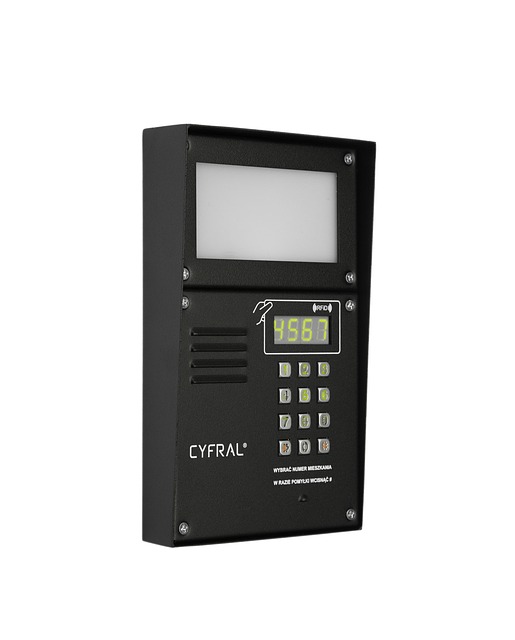In real estate, understanding security deposit regulations and habitability standards is vital for fair practices, high tenant satisfaction, and property value preservation. Clear rules protect tenants from arbitrary charges, promote landlords' transparent use of deposits for property protection, and ensure regular maintenance, fostering trust and a stable market for all stakeholders.
In the dynamic landscape of real estate, effective security deposit regulations and robust habitability standards are paramount for fostering a balanced tenant-landlord relationship. This article delves into the intricacies of understanding and implementing these key practices. We explore how setting clear guidelines on security deposits, coupled with stringent yet fair habitability criteria, can mitigate disputes and enhance satisfaction for both parties. By examining real-world impacts, we offer insights that can revolutionize the way these standards are navigated in the industry.
Understanding Security Deposit Regulations in Real Estate

In the dynamic landscape of real estate, understanding security deposit regulations is paramount for both landlords and tenants. These regulations play a crucial role in fostering fair practices, ensuring protection for tenants, and maintaining high habitability standards. Security deposits, often used to safeguard properties from potential damage or unpaid rent, are subject to strict guidelines that vary by jurisdiction.
Landlords must be transparent about the use of these funds and adhere to specific rules regarding amount, return, and application. Tenants, too, have rights—they should expect clear communication on deposit policies, prompt refunds when conditions are met, and protection from arbitrary charges. Navigating these regulations is essential for a harmonious rental experience, promoting trust between landlords and tenants in the real estate market.
Setting and Enforcing Habitability Standards

In the real estate sector, setting and enforcing habitability standards are paramount to ensuring properties meet a certain level of safety and comfort for future residents. These standards cover various aspects, including structural integrity, cleanliness, basic amenities, and compliance with local health and safety regulations. Real Estate professionals have a key role in upholding these standards, from meticulous property inspections to transparent communication with tenants and landlords.
Enforcing these habitability requirements involves regular maintenance checks, prompt issue resolution, and adherence to legal frameworks. By implementing robust inspection protocols and staying updated on relevant laws, real estate stakeholders can protect both the investment value of properties and the well-being of occupants. This proactive approach not only enhances tenant satisfaction but also mitigates potential legal issues and financial losses for property owners.
The Impact on Tenants and Landlords

Regulating security deposits and habitability standards in real estate has a profound impact on both tenants and landlords. For tenants, clear regulations provide protection against unfair practices such as excessive or arbitrary deposit demands. This ensures they can move into a property with greater peace of mind, knowing their financial security is protected. Well-defined standards for habitability also empower tenants to understand what constitutes a livable condition, promoting healthier and more comfortable living environments.
On the other hand, landlords benefit from increased transparency and accountability. Regulatory frameworks help them maintain fair practices, fostering good relationships with tenants. By setting minimum habitability criteria, landlords are encouraged to maintain properties to a certain standard, ultimately enhancing the overall quality of real estate offerings in the market. This benefits everyone involved, creating a more stable and trustworthy environment for both parties.






